
Fellow in Human Rights @LSESociology | writes @opiniojuris | Editor @j_ufil | Streams @Twitch | Esp/Eng/Port | Views personal
14 subscribers
How to get URL link on X (Twitter) App

https://twitter.com/mattwalshblog/status/2023595947230375972First, you have moved the goalposts from “Atlantic Exploration” to “travelling around the Earth”. Don’t get me wrong, you are wrong about the former too, as the Malians launched an Atlantic expedition in the 1300s, as told by Mansa Musa, but you’re very wrong about the latter
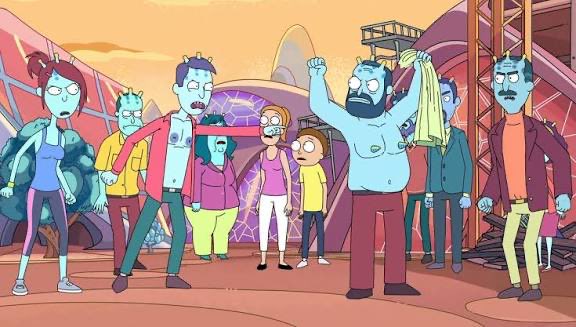
https://twitter.com/swipewright/status/2003876371815403633Like imagine saying stuff like “height is determined by genes, this is why tall people face a higher risk of thyroid problems! [apparently true] You can’t deny there is a physical difference between Danny Devito and Arnold Schwarzenneger!!”
https://twitter.com/piersmorgan/status/1977339470707097831IMO the latter is the only valid reason. I don’t care if a dude is scared that he will “accidentally” be attracted to a trans woman and hit on her. Deal with your own insecurities without trampling on other people’s rights. But safety in private spaces or fairness in sports? Sure
https://twitter.com/piersuncensored/status/1968663466031395300The problem is @EdwardJDavey apparently agrees with him, but has to assume a pro trans position for political reasons. So he is confronted with an impossible problem: his categories are ontological, but his position is not. He cannot resolve the conflict and this is the result
https://twitter.com/elliotmalin/status/1968028485034688536The applicable test is not “can you *explain* what Israel is doing *as a whole* through any reasonable explanation other than genocide”, but rather whether intent to destroy can be reasonably inferred from a specific pattern of conduct
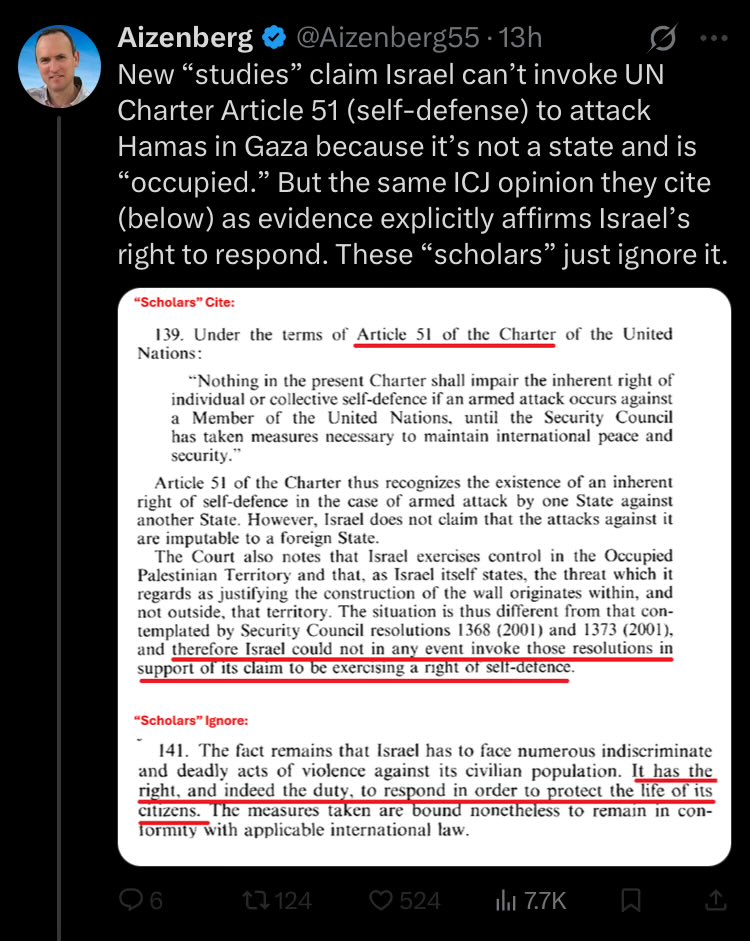
 Salo claims there is a secret paragraph 141 that scholars ignore on purpose to deny Israel a right to self defence. But article 141 is part of a subsection of the Opinion dealing specifically with self-defence. It goes from §138 to §142.
Salo claims there is a secret paragraph 141 that scholars ignore on purpose to deny Israel a right to self defence. But article 141 is part of a subsection of the Opinion dealing specifically with self-defence. It goes from §138 to §142.
https://twitter.com/adam_louis52328/status/1960714810246467780But this is a manipulation. The very concept of indigeneity and nativeness emerged because of notions that can’t be simply transposed to every single defeated / expelled people in history. The Gauls were not “indigenous” to the Roman “colonisers”
https://twitter.com/travelingclatt/status/1959247655403409875We get that when we say Ancient Egyptians there’s been a lot of changes since the Pharaohs. Hellenisation, Arabization, etc. We are able to recognise these differences and changes over time. It’s the same with the original inhabitants of what is today Israel-Palestine
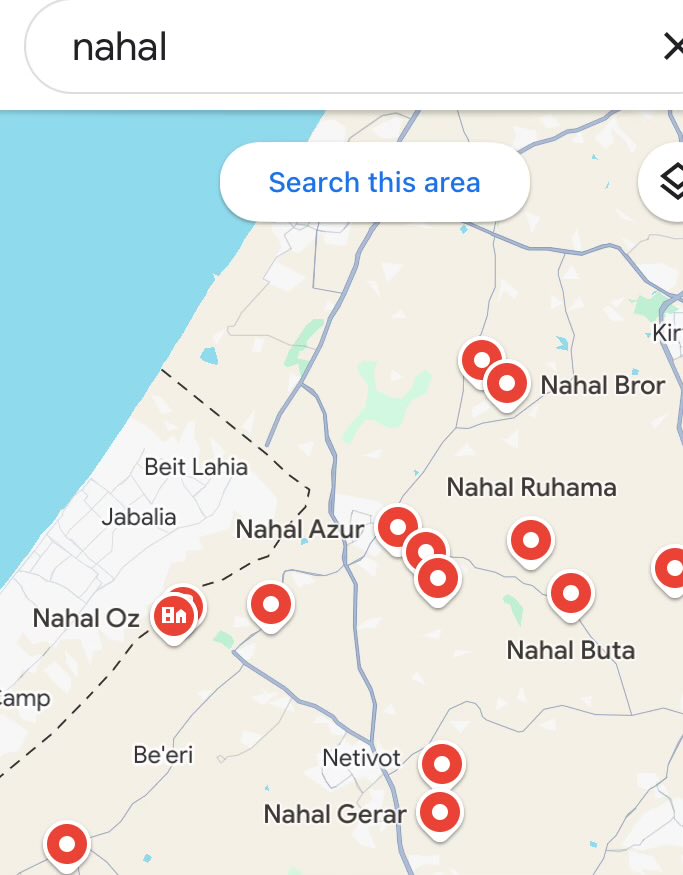
https://twitter.com/hananyanaftali/status/1958152309394805071Gaza’s current form is the direct result of the Zionist plan to “cleanse” the land of Palestinians. Hundreds of thousands of people were forcefully expelled to Gaza from other parts of Palestine. After Egypt’s intervention, an armistice line separated Gaza from Israel

https://twitter.com/IsraelMFA/status/1958842982511050943
 This is what one of the witnesses of the shoot, Abraham Lewin, wrote in his diary on 13 May and 20 May 1942
This is what one of the witnesses of the shoot, Abraham Lewin, wrote in his diary on 13 May and 20 May 1942 

https://twitter.com/kosherchutzpah/status/1957782051026788356But the extermination camp is unique to The Holocaust not to all genocides. It’s just that popular imagination is so tied up to the image of The Holocaust (and the Holocaust Movie) that we feel anything “less” than The Holocaust can’t be genocide bc it “cheapens” the term
https://twitter.com/eylonalevy/status/1957035102069776631It’s “the IDF doesn’t target hospitals” all over again
https://twitter.com/owenjonesjourno/status/1954829100687745269Indigenous Peruvians talk about the Shining Path in the context of the Manchay Tiempo (the Time of Fear/Terror) and talk about their fight against them as a fight against “the terrorists”. In Argentina, collective memory has framed the Junta’s atrocities as “state terrorism”
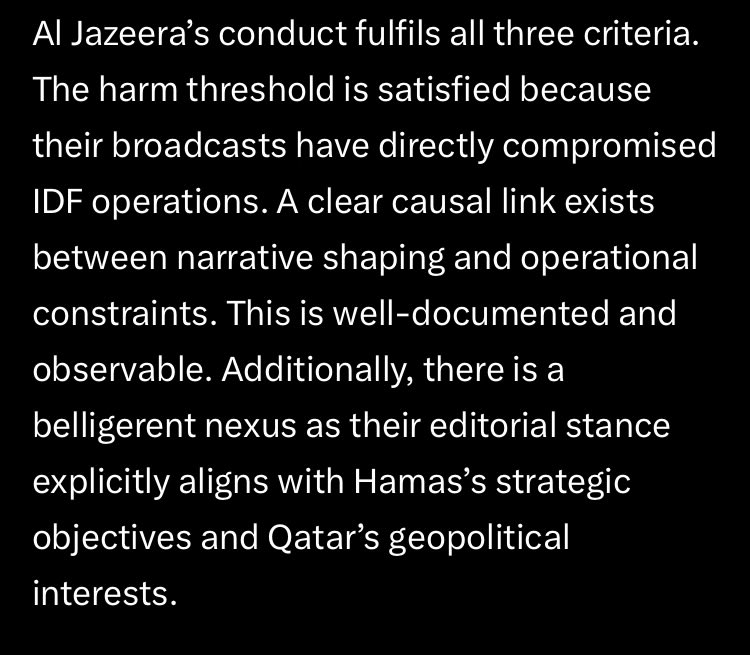
https://twitter.com/alonso_gd/status/1955524292231209271
 Obviously, “shaping a narrative against the IDF” (even if that were what Gaza journalists do - it isn’t) is below that threshold. If Fox had done even the most basic of lit revs he would have come across the ICTY Prosecutor’s Report on the NATO Bombing Campaign of Serbia:
Obviously, “shaping a narrative against the IDF” (even if that were what Gaza journalists do - it isn’t) is below that threshold. If Fox had done even the most basic of lit revs he would have come across the ICTY Prosecutor’s Report on the NATO Bombing Campaign of Serbia: 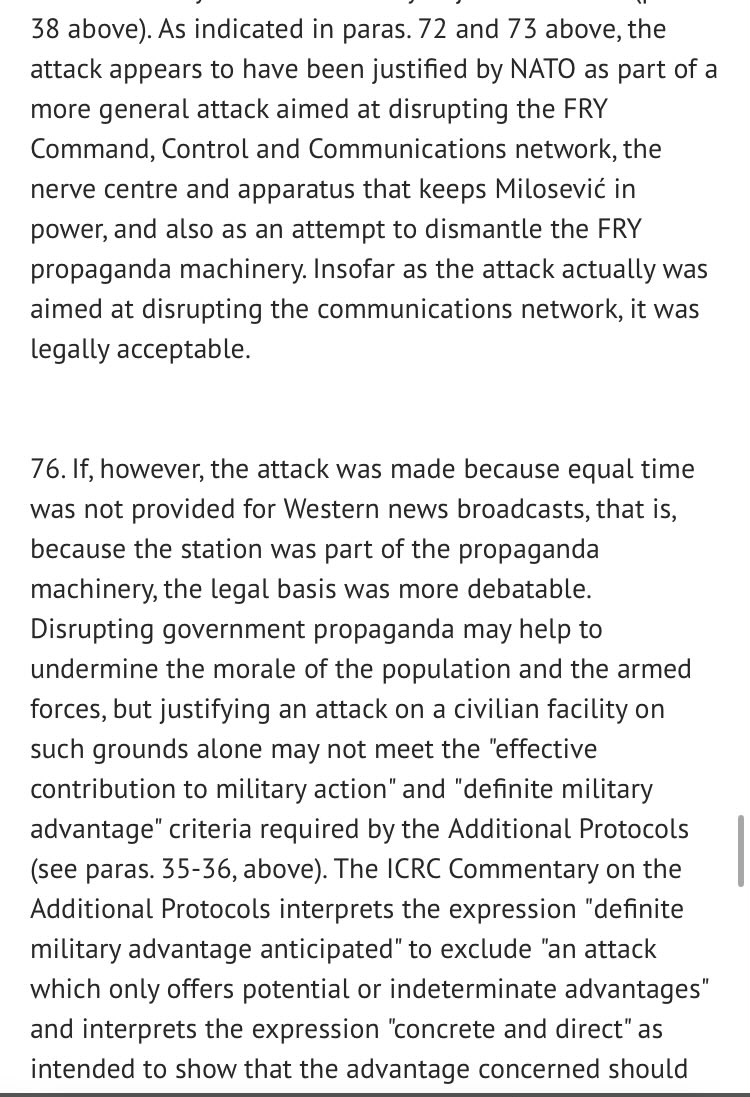
https://twitter.com/piersmorgan/status/1954974436534390925Yes, he interrupts his guests. Boo hoo, how mean. Are you serious? You’re defending one of the worst atrocities of this century and you’re the victim? Seriously these porcelain dolls would not last a day as Palestinians.
https://twitter.com/jk_rowling/status/1953809022089318785You can argue the “nature” of the sky never changed, that it was a constant regardless of social meaning all you want. When you see a beautiful sunset, you don’t think “this is lovely because it is just a giant ball of gas refracting light through water vapour at an angle”
https://twitter.com/infinite_jaz/status/1954193528218628364If they believe this because they believe Israel is incapable of committing genocide, as opposed to their reading of a definition, their view is unreliable. I explain this in further detail here:

https://twitter.com/petrogustavo/status/1953225299509772422El Protocolo de Amistad y Cooperación de Rio de Janeiro de 1934 que Petro cita es claro al señalar que la línea que traza el Tratado Salomón Lozano solo puede ser “afectada” por “mutuo acuerdo” o “decisión de la Justicia Internacional”. No dice por “cambios morfológicos”
